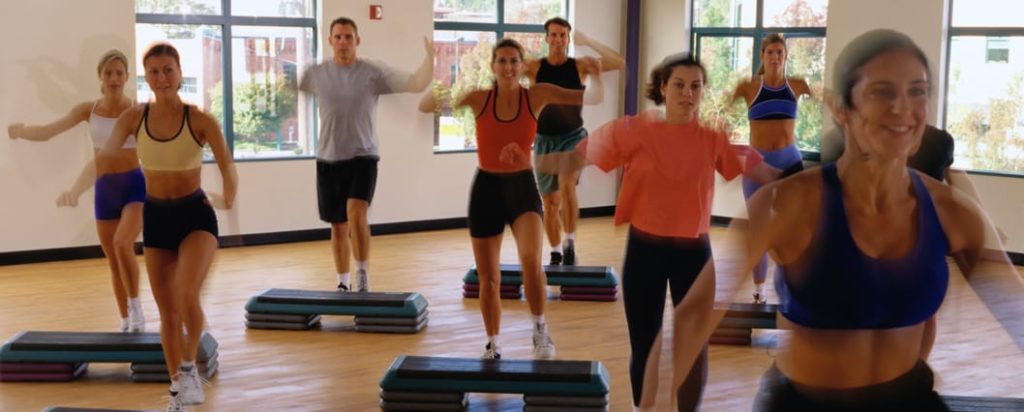Getting up off the couch or moving away from the desk may not seem like it will make much of a difference in recovery, but exercise in almost any form is a better prescription for making progress toward recovery than just sitting idle. In fact, research strongly suggests that exercise can be a powerful tool in recovery, one that is readily available to everyone, no matter what their age and physical and/or mental condition. How can exercise help in recovery? Let’s look at some of the facts and consider how exercise can benefit sobriety. Exercise Relieves Stress Besides providing a way to keep busy and stay healthy, exercise can help relieve stress and reduce depression. When you exercise, your body releases endorphins, natural feel-good chemicals that can improve mood and make you feel more confident and in control. Exercise also engages the lymphatic system, which helps to cleanse toxins from the body. Exercise Helps You Fill Up Time with Good Habits Think of all the time you spent obsessing over your bad habits. Those unhealthy patterns need to be replaced with healthy activities, and exercise fits the bill perfectly. When you are working cardio at the gym, riding a bike, or taking a brisk walk in the neighborhood, you’re doing something that’s good for your recovery – not hanging out at the bars or drinking or binge eating or engaging in compulsive behavior of one sort or another. Exercise allows you to fill your time up with healthier alternatives to whatever bad habits you were used to engaging in. How about heading out to the ski slopes for some quality time outdoors? Not only will you change your venue from your usual routine, you’ll also likely experience pleasure and enjoyment from the activity – another good habit replacing former bad ones. Exercise Alleviates Boredom Getting into trouble and feeling the temptation to fall back into old addictive ways often comes about as a result of being bored. When you’re not doing something constructive and positive for your recovery, the tendency is always there to start thinking about what you used to do to fill your time, to ease the pain, to blot out your troubles. That’s a recipe for relapse. Instead, put together an exercise plan that will have you taking active steps to manage your time in the best possible manner. Doing something that’s healthy for your body will not only keep your mind engaged, it will also do double duty by helping you tone up, shape up and keep up your energy level. Try Exercising with Others for More Positive Social Interactions While exercising alone is fine and there will be many times when this is what you will choose to do, another benefit of exercise is the opportunity to have more positive social interactions. When you join a dance or spin class, take part in a group hike or a fun run, do Zumba or Pilates or aerobics in a group format, you are in a sober social setting that pays far more dividends than simply helping your body feel good. A 2009 study found that a 12-week moderate-intensive aerobics exercise program was beneficial for alcoholics in recovery. You start to feel better about yourself as a result of the positive steps you’re taking with exercise. This helps improve the chances that your recovery will be long-lasting. In addition, once you start seeing the benefits that come from regular exercise, your self-confidence will also increase. You’ll start to believe that you can succeed in your other recovery goals. How Exercise Can Prevent Relapse It shouldn’t come as a surprise that when you’re feeling strong as a result of regular exercise, you have more resilience and strength to steer clear of your addictions. With a clear and open mind, you are better able to plan your time and find other positive ways to utilize your energy. When deciding to embark upon an exercise program or to get involved in an activity that will have you up and at it on a regular basis, be sure to listen to your body. Don’t overdo it and overwhelm yourself all at once. Know your boundaries, be consistent and gentle with yourself. You’ll get the hang of it and be well aware that you’re doing something incredibly valuable for you and your recovery.

